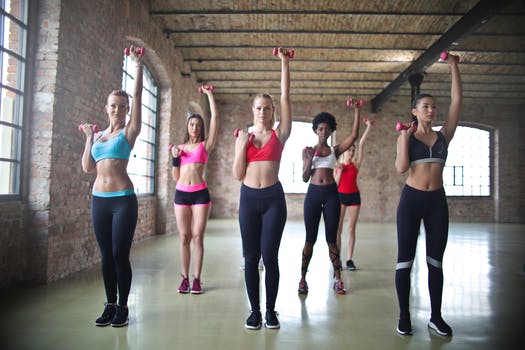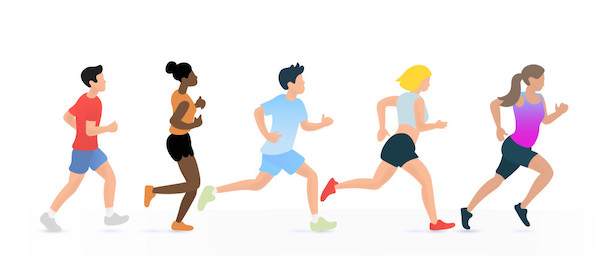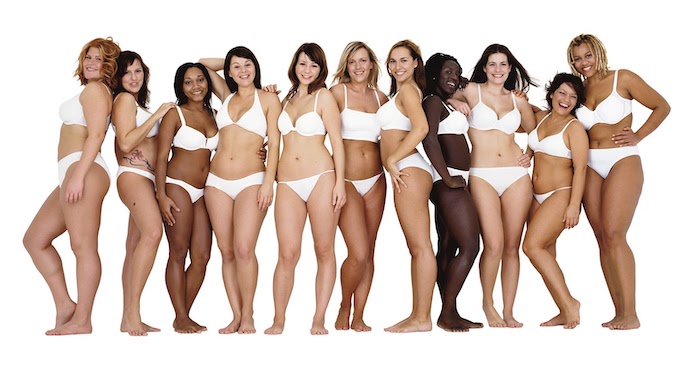Like a lot of Ski Divas, I do my best to stay in shape. I get out on my bike a few times a week, and I spend a fair amount of time in the gym, doing cardio and lifting weights. And though it’s not always easy, I try to eat right, too.
But while the physical stuff is important, there’s more to staying healthy than just nutrition and exercise. Call it spiritual well being, call it mental health, but I think being truly healthy requires a balance between both mind and body. Anyone who’s been depressed or anxious can attest to this. If you’re unhappy, if you’re stressed, you can end up feeling pretty crappy. There are all sorts of scientific studies that back this up; I’m sure you can find them if you search the web.
So this past January, I thought I’d give meditation a try. Like a lot of people, I’d heard a lot about something called mindfulness — how it helps with everything from depression and anxiety to lack of focus and sleeplessness. In all honesty, I wasn’t sure I’d be a good fit. All I’d heard about meditation was that you were required to empty your mind, and to me, that seemed like an impossible task. I’m the sort of person who when someone says, ‘Don’t think about an elephant,’ well, that’s all I’ll think about. On the other hand, committing to meditation seemed pretty low risk. I’t’s not like I had to ingest any special pills or foods or train to run a marathon. I didn’t think I had anything to lose. Besides, how could it hurt?
So what exactly is mindfulness, and what does it involve? Basically, mindfulness means paying attention to your thoughts and feelings without making any judgements. The idea is to focus your awareness on the moment while accepting and acknowledging your feelings, thoughts, and bodily sensations. When you’re mindful, you observe your thoughts and feelings as if from a distance, without judging them to be either good or bad. Instead of letting life pass you by, you live in the moment. According to the American Psychological Association, mindfulness offers a whole host of benefits: everything from stress reduction to improved focus and less emotional reactivity. You can read more about them here. Take a look; it doesn’t sound bad.
So did I light incense, sit in the lotus position, and chant a mantra like Ommmmmm? Did I travel to an ashram in Nepal, seeking a guru who could provide me with extra special guidance?
Umm……no.
This is a new world. I did what any self-respecting individual does these days: I downloaded an app, or in my case, Headspace.com.
Headspace has a pretty good gimmick: it offers 10 free sessions to get you started, after which you pay by the month. For me, paying works; it gives me the incentive I need to stay committed. Once you subscribe, there are a number of series that address a variety of topics like depression, anxiety, focus, creativity, and more. You can choose the length of time you want your sessions to last; mine are 15 minutes. Throughout, you’re guided by British mindfulness expert (and former Buddhist monk) Andy Puddicombe. Andy has a genial way and a calm, friendly voice that makes him easy to listen to. He also provides a lot of tips and advice not only on meditating, but on how to apply what you’ve learned throughout the day. I haven’t completed all the series but I have found some repetition, from one to another — which really doesn’t bother me. As they say, practice makes perfect.
For those who are particularly goal oriented, there’s also a way to track your mediation stats. For example, Headspace tells me I’ve completed 254 sessions for a total of 58 hours of mediation time, with an average duration of 14 minutes. This seems kind of OCD for something that’s supposed to be pretty laid back, but that’s okay. It’s interesting to see how the time adds up.
So what do you think, Ski Diva?
Has it helped? I think so. I don’t suffer from depression and I’m not particularly stressed, so I can’t speak to that. But I actually enjoy the quiet space it creates for me each day. And I think it helps me be a bit calmer and provides me with the tools I need to see things a bit differently, too. I also think it’s made me a bit more patient, which is a huge plus for me, and I think I’m a better listener, too.
I’m hoping the benefits will transfer over to skiing. I do suffer a fair amount of height anxiety and yeah, sometimes I get a little scared, when I really shouldn’t. So stay tuned; I’ll keep you posted,.



